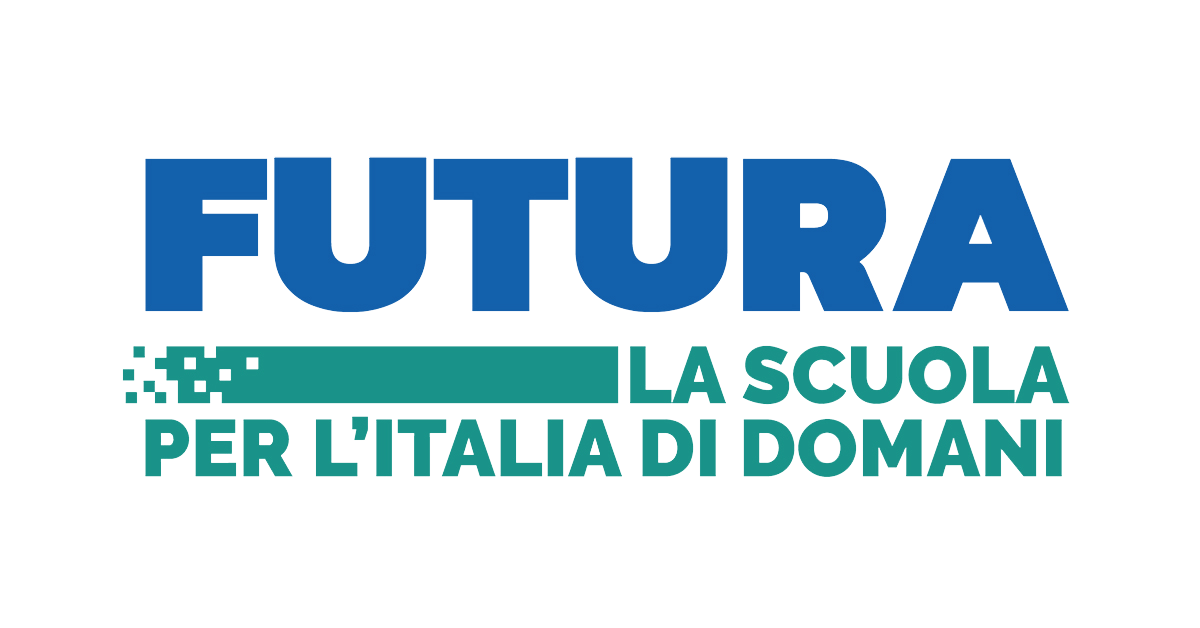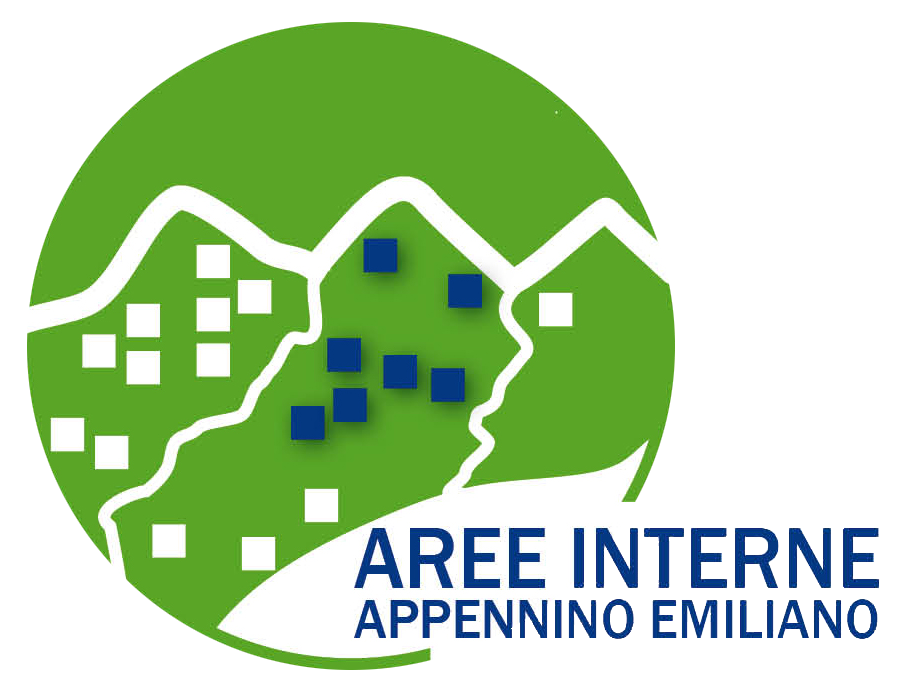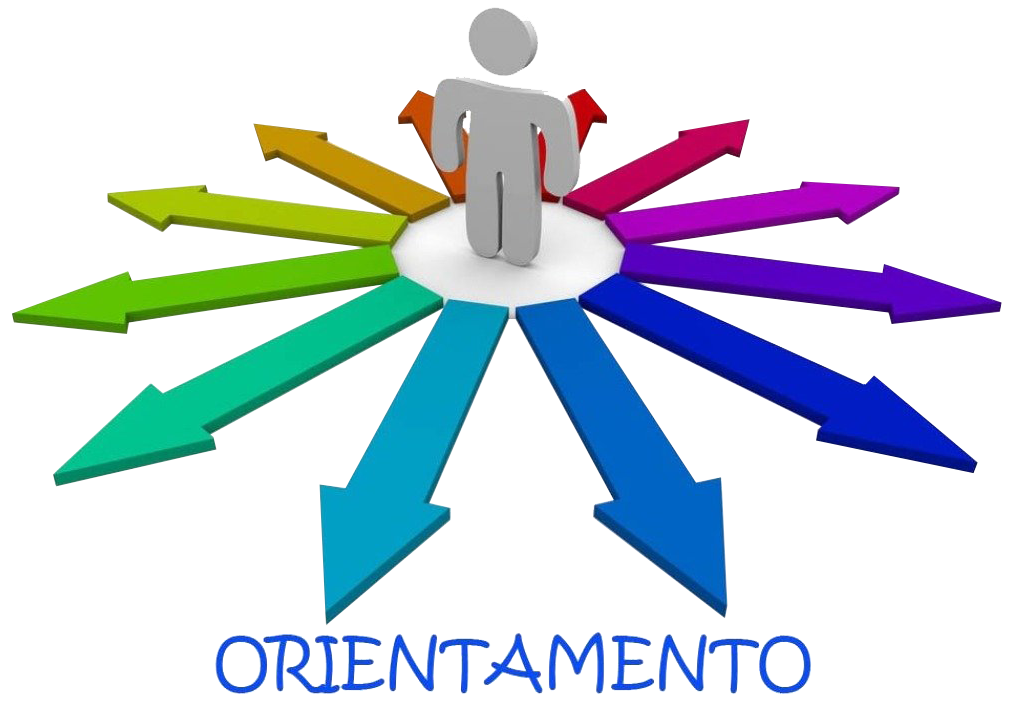Dystopias

Dystopias: Definition and Characteristics
Utopia: A place, state, or condition that is ideally perfect in respect of politics, laws, customs, and conditions.
Dystopia: A futuristic, imagined universe in which oppressive societal control and the illusion of a perfect society are maintained through corporate, bureaucratic, technological, moral, or totalitarian control. Dystopias, through an exaggerated worst-case scenario, make a criticism about a current trend, societal norm, or political system.
Characteristics of a Dystopian Society
- Propaganda is used to control the citizens of society.
- Information, independent thought, and freedom are restricted.
- A figurehead or concept is worshipped by the citizens of the society.
- Citizens are perceived to be under constant surveillance.
- Citizens have a fear of the outside world.
- Citizens live in a dehumanized state.
- The natural world is banished and distrusted.
- Citizens conform to uniform expectations. Individuality and dissent are bad.
- The society is an illusion of a perfect utopian world.
Types of Dystopian Controls
Most dystopian works present a world in which oppressive societal control and the illusion of a perfect society are maintained through one or more of the following types of controls:
- Corporate control: One or more large corporations control society through products, advertising, and/or the media. Examples in film include Minority Report and Running Man.
- Bureaucratic control: Society is controlled by a mindless bureaucracy through a tangle of red tape, relentless regulations, and incompetent government officials. Examples in film include Brazil.
- Technological control: Society is controlled by technology—through computers, robots, and/or scientific means. Examples in film include The Matrix, The Terminator, and I, Robot.
- Philosophical/religious control: Society is controlled by philosophical or religious ideology often enforced through a dictatorship or theocratic government.
The Dystopian Protagonist
- often feels trapped and is struggling to escape.
- questions the existing social and political systems.
- believes or feels that something is terribly wrong with the society in which he or she lives.
- helps the audience recognizes the negative aspects of the dystopian world through his or her perspective.


 WebRadio
WebRadio FunLab
FunLab Speakeasy
Speakeasy INTERPELLO
INTERPELLO Futura
Futura Ambito 20
Ambito 20 Fondi PON
Fondi PON Iscrizioni Online
Iscrizioni Online AREE INTERNE
AREE INTERNE ERASMUS+
ERASMUS+ EURODESK
EURODESK Orientamento
Orientamento Esame di Stato
Esame di Stato Orientamento in uscita
Orientamento in uscita Aula Magna
Aula Magna Privacy
Privacy NoiPA
NoiPA MIUR
MIUR